Street Markets in Portugal: a secular tradition
From the Algarve to Minho, there are many street markets in Portugal where you can buy a wide variety of products. Some have hundreds of years of history and tradition.
There is “everything”! From clothes, crockery to vegetables or sausages. The tradition of Fairs in Portugal is quite old and, in some cases, they are a true “event”, much anticipated, which has attracted crowds for several centuries. From annual events to one-day markets with a fixed frequency, it is an ancestral habit to carry out transactions between sellers and buyers in these events that bring together the most diverse types of products. All About Portugal prepared an itinerary with 10 of the oldest fairs in the country, starting in Minho and ending in the Algarve. In these places, steeped in history, there are different colors, smells and flavors that mix with the “cries” of the vendors.
Ponte de Lima Fair Market

With around 900 years of existence, it is in the heart of Alto Minho that the oldest fair in Portugal takes place, whose existence is mentioned in the charter letter granted to Ponte de Lima in 1125. Every two weeks, on Mondays, the left bank of the Lima River and Passeio 25 de Abril are filled with tents, vendors and buyers that generate a lot of movement in what is one of the oldest villages in Portugal. Traditionally, there were livestock, agricultural production, consumer goods and manufactures such as pottery, cooperage, basketry, blacksmithing or weaving. Over the years, the products on sale have been modernized and expanded at this fair, which proves to be a driving force for local trade.
Barcelos Fair Market

Don't be surprised if they call you “love” when you approach one of the tents. Some saleswomen like to pamper their customers in a peculiar way at this event, which has been taking place since the 13th century, although the first documents mentioning it are from 1412, when King D. João granted a yearly fair, lasting for 15 days, to be held at Campo da República, where the event still takes place. Currently, it is held weekly, always on Thursdays, and is one of the Fairs in Portugal that attracts the biggest number of visitors. Handicraft is one of its strengths, with the popular Barcelos' Rooster in a prominent place, followed by other pieces of pottery, basketwork, iron and wood. Of course, the quality of local agricultural products is also present.
March Fair Market, Aveiro

Considered one of the largest economic fairs in the Centro Region, it has been held since 1434, when King D. Duarte granted Aveiro the privilege of holding an annual fair which, curiously, took place in the first week of May. Nowadays, it takes place in the city's Fairs and Exhibitions Park and starts in the last week of March, lasts for a month and brings together the commercial aspect and product exhibition with entertainment and musical shows. The exhibition sector brings together companies from different areas such as automotive, furniture, events, civil construction or real estate. The commercial side includes exhibitors of catering, confectionery or handicrafts. Another strong point is its amusement park, presented as one of the largest in the country, with around 50 rides.
São Mateus Fair Market, Viseu
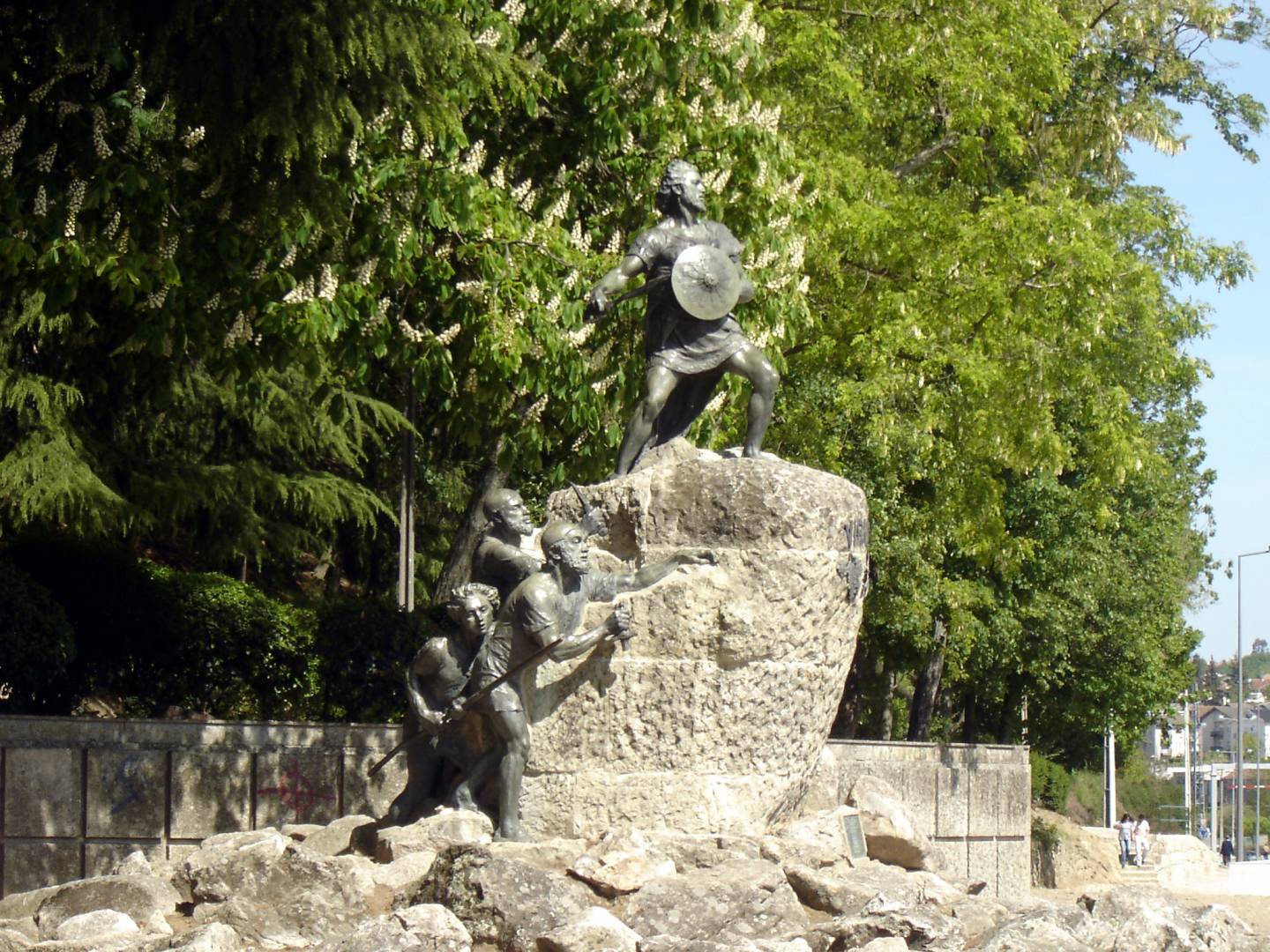
It is also in the Center region that another of the most traditional Fairs in Portugal is held. It was King D. João I who granted Viseu a free fair charter in 1392 and since then the event has been held and today assumes great importance in the economic dynamics of the city and the region in which it operates. There are those who call Feira de São Mateus the guardian of popular fairs in Portugal. It is also said that ”feirar" is part of the many families and friends that annually meet in the summer in Viseu, at the event that lasts for about a month and a half. In addition to the strong commercial aspect, there is a lot of party with lots of gastronomy, entertainment and concerts by national and international artists.
São Bartolomeu Fair Market, Trancoso
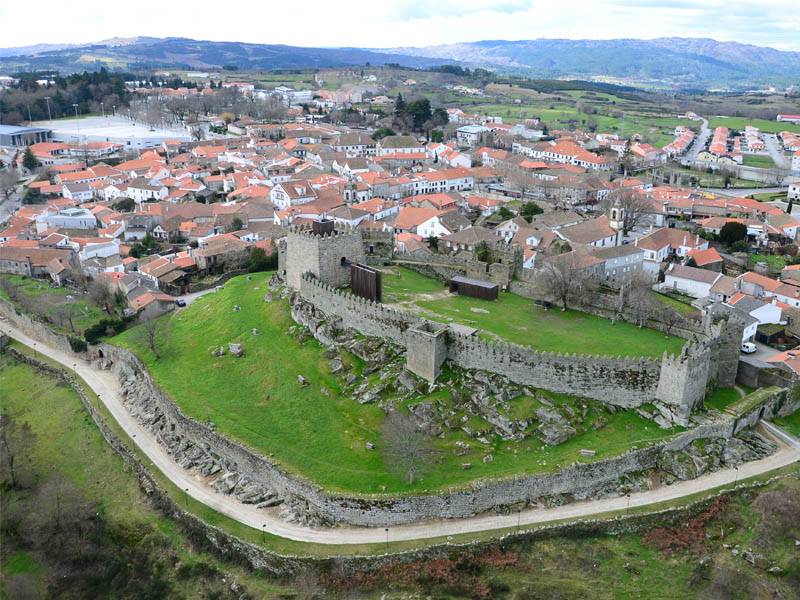
It is one of the oldest market fairs in Portugal and is one of the events that generates the most activity in the city of Trancoso, located in the district of Guarda, during part of the month of August. It was in 1273 that King D. Afonso III assigned the authorization to the fair, with annual periodicity and duration of 15 days. Held in the modern multipurpose pavilion and surrounding area, Feira de São Bartolomeu attracts thousands of visitors and is an excellent showcase to publicize and promote what is done in this inland region in the interior of Portugal. Economic activities, handicrafts, agricultural machinery, small taverns and entertainment are some of the sectors represented in this event, which also bets heavily on shows with well-known names in national music.
São Tiago Fair Market, Covilhã
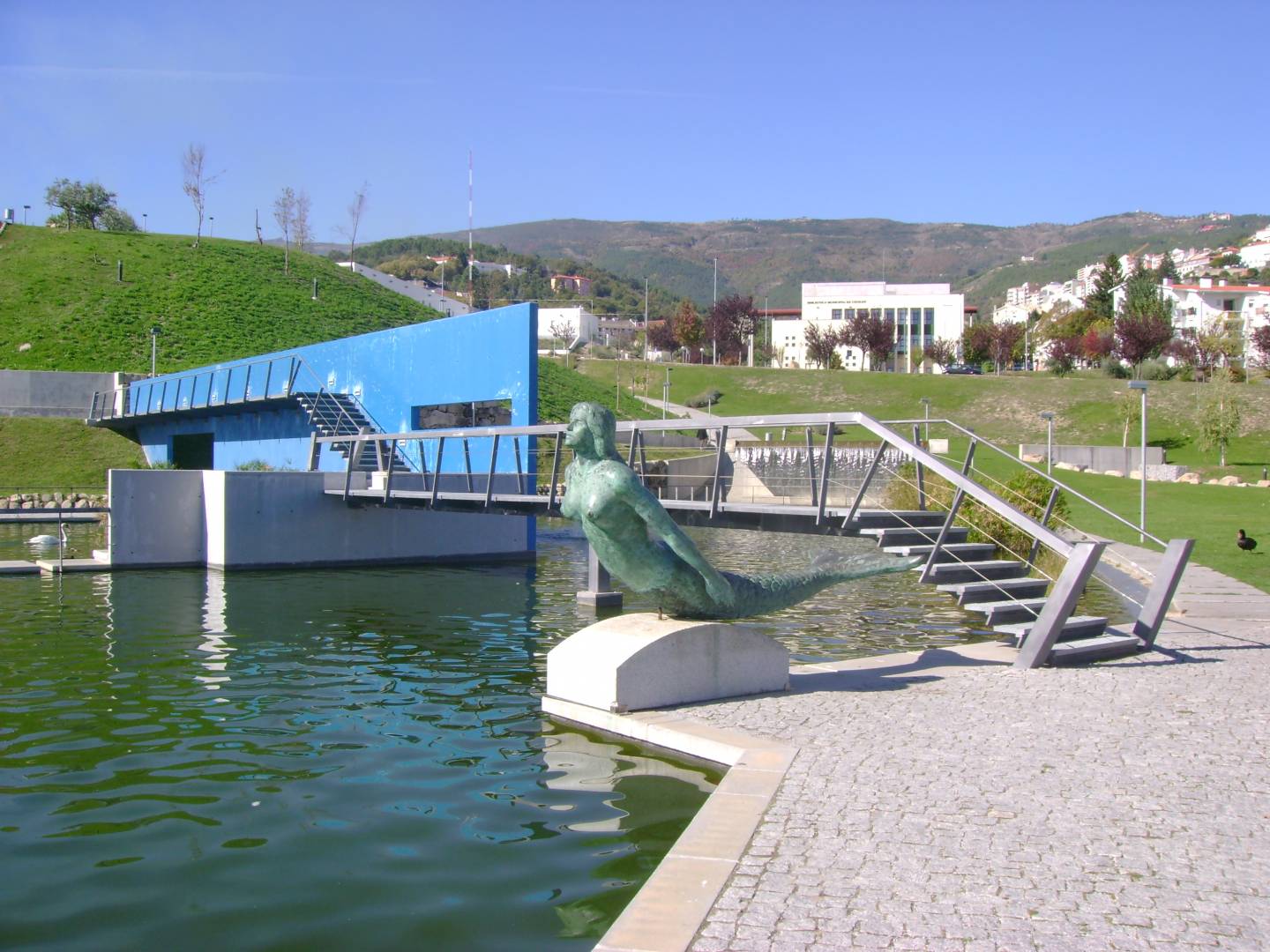
In the district of Castelo Branco, Feira de São Tiago is another secular event that attracts many people to the Complexo Desportivo da Covilhã area, where the event is currently organized in the second half of July. Lasting 20 days, it was in 1411 that King D. João I authorized Covilhã the annual fair. Moreover, the Feira de São Tiago has long been seen as a meeting point of excellence for friends and family from the “snow city”. Initially, wool and cheese from the Serra da Estrela region were among the most traded products. Over the years, the Fair has been modernizing and expanding the range of economic activities represented, in addition to also including daily musical shows, entertainment, restaurants and bars.
Feira da Ladra, Lisbon
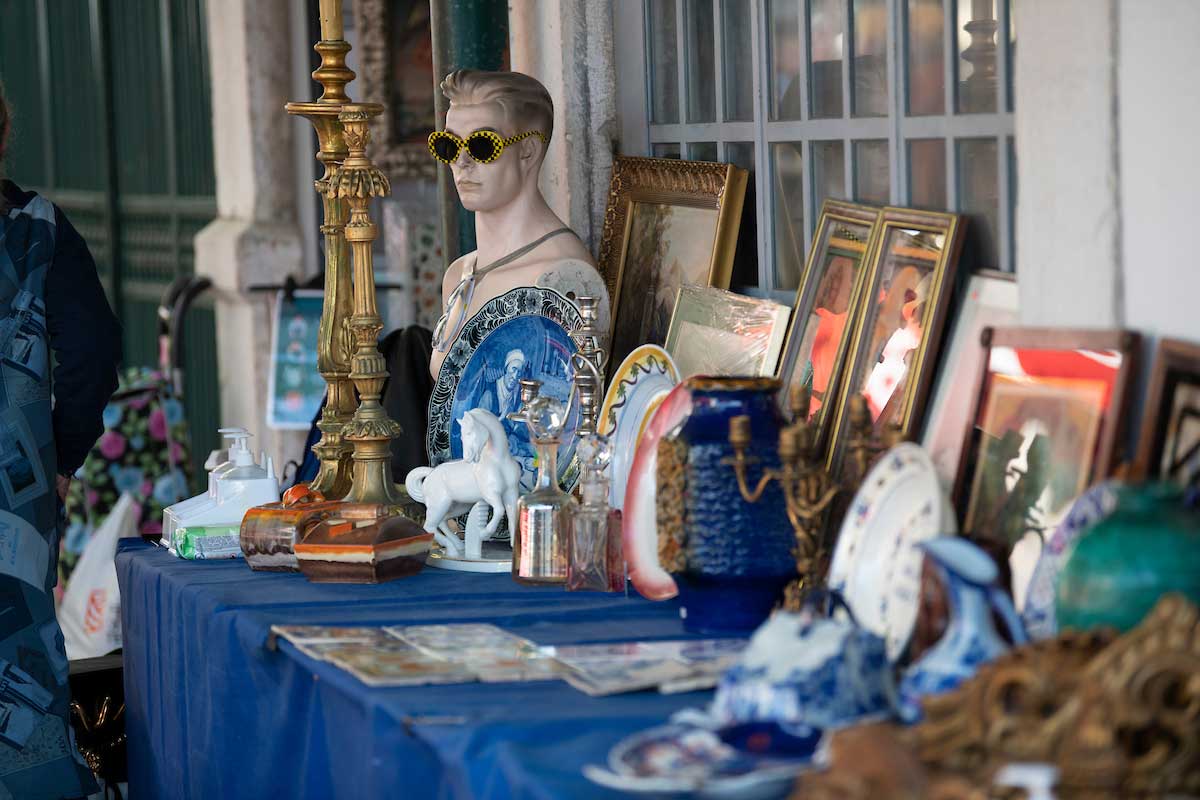
It is certainly one of the most well-known and emblematic fairs in Portugal and, year after year, it gathers, early in the morning, many buyers, antique dealers, collectors, curious people and tourists in Campo de Santa Clara, in Lisbon, on Saturday and Tuesday. The aim is to find, above all, antiques in good condition, second-hand objects, handicrafts and collectibles. These are the areas represented in this fair of great tradition that began in 1272 and went through various parts of the capital of Portugal until it settled in this current location. Mainly on Saturdays, Ladra is almost like an international fair, as it is part of Lisbon's tourist itinerary. Who knows if you won't find some “treasure” or an original gift here?
Feira da Luz, Lisbon
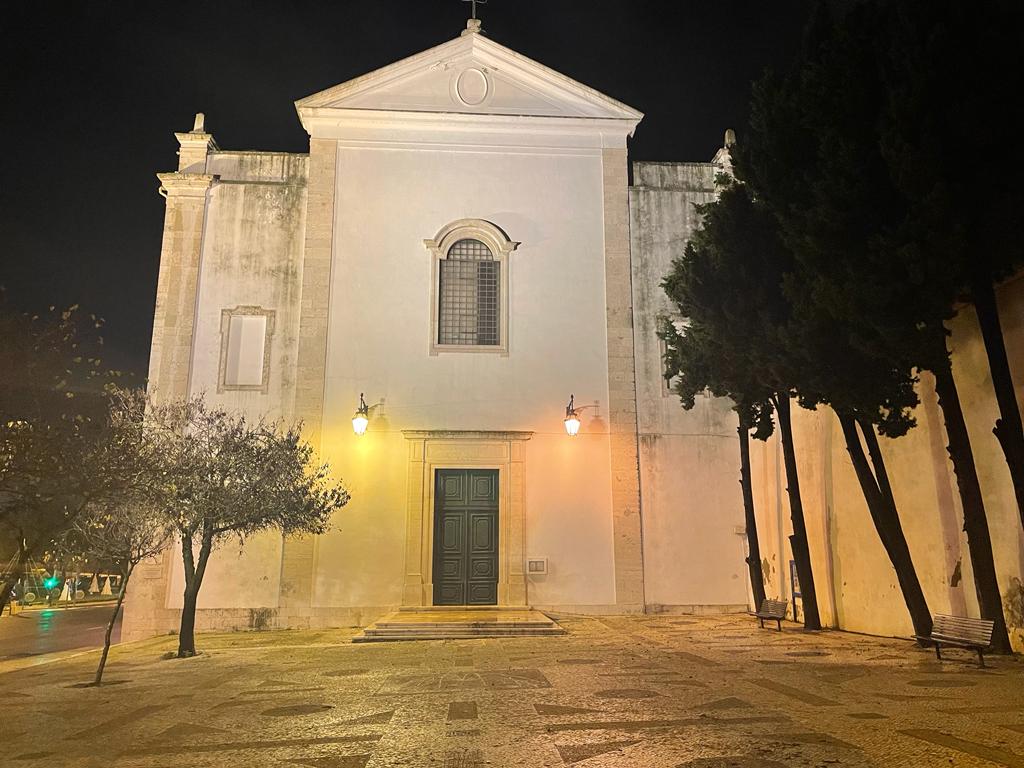
Carnide, also in Lisbon, hosts another century-old fair that has been held for over 500 years, since the mid-15th century. Feira da Luz takes place in Jardim da Luz and nearby areas, for nearly a month, between the last week of August and the last Sunday of September. It sets up an event rich in history and tradition, full of different colors, smells and flavors, with a commercial offer for many tastes. Here you can find items as varied as food products, crockery, plastics, wickerwork, clothing, footwear, cutlery, towels, furniture, tools and a lot of handicrafts. What also attracts many people is the vast cultural program with free concerts and traditional gastronomy snacks.
São João Fair Market, Évora
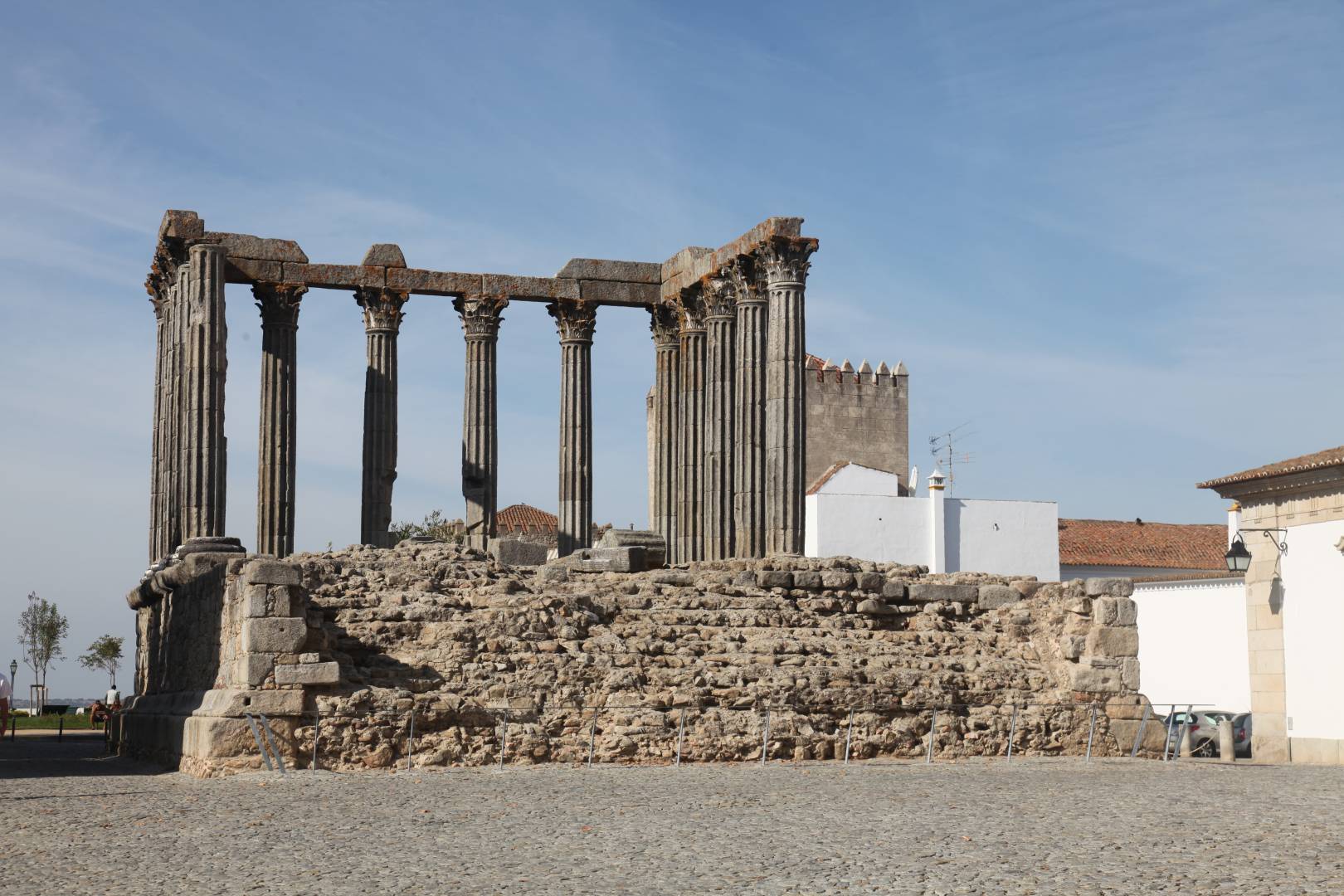
The first edition of this event, which is one of the oldest and most important held in the south, took place in 1569 and since then it has generated great activity in Évora, more specifically in the iconic Rossio de São Brás, for 10 days, at the São João festivities. It is almost mandatory that people from Évora stop by at every edition, a tradition that begins in the first years of life of children in that region. It is also common to see tourists at this event where handicrafts, food, economic activities and the agricultural sector of the Alentejo are highlighted. Also common are the food and drink taverns, lots of entertainment and musical shows. The story goes that fairs and markets have been held in Rossio de São Brás since 1275, but with a different name.
Feira de Todos os Santos, Silves
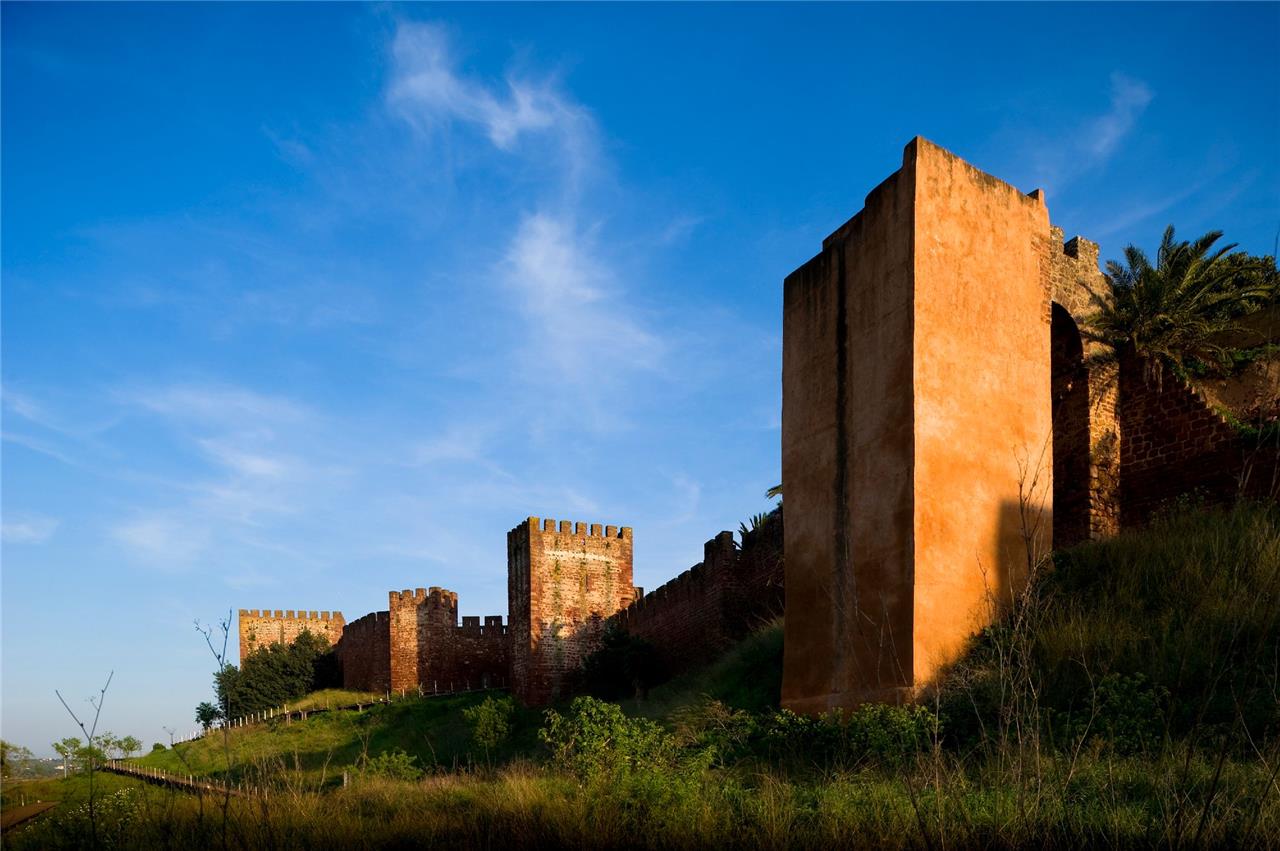
It is in the Algarve that we find another of the most traditional and historic fairs in Portugal. It was King D. João II who granted Silves a market charter in 1491, and since then, every year around the All Saints holiday, the Algarve city is visited by many people eager to buy all kinds of things. You can find clothes, shoes or leather goods, but also toys, handicrafts and wooden, brass or basketry items. Currently, it takes place at Sítio do Encalhe, located in the northern part of the Castle, but it has already been settled in several locations. What does not change is that this fair serves as a meeting point for the people of Silves and other municipalities in the Algarve. Much appreciated are the usual stalls selling "churros", chestnuts and octopus. Entertainment is also a brand image.
Recommended
